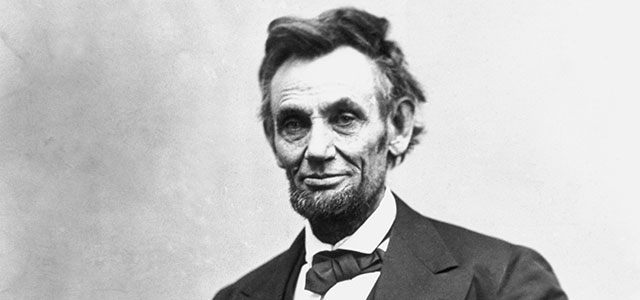Four and a half months after the pivotal battle at Gettysburg, a Union victory achieved at a high cost of life on both sides, President Lincoln came to the battlefield on Nov. 19, 1863 to dedicate a cemetery to those who died there. His remarks of a little over two minutes are considered to be among the great speeches delivered by an American leader.
When the country marked the 150th anniversary of the start of the Civil War in 2011, a Pew Research Center survey found that 56% of Americans still looked on the war as relevant to American politics and political life. About four-in-ten (39%) regarded it as important historically, but with little political relevance today.

About half (48%) of Americans believe the main cause of the war as mainly about states’ rights, while 38% said it was mainly about slavery. Another 9% said both were main reasons.
One legacy of the Civil War that had echoed in American politics into this century was the controversy over the display of the Confederate flag. In South Carolina, the official display of the flag atop the State House was a source of heated political and racial controversy for years. In 2000, a compromise was reached in which the flag was removed from the capitol and a similar flag was raised at the South Carolina Confederate Solider Monument on the State House grounds.
Three-in-ten Americans said they had a negative reaction when they saw a Confederate flag displayed while 9% had a positive reaction. About six-in-ten (58%) said they had neither a positive or negative reaction.



